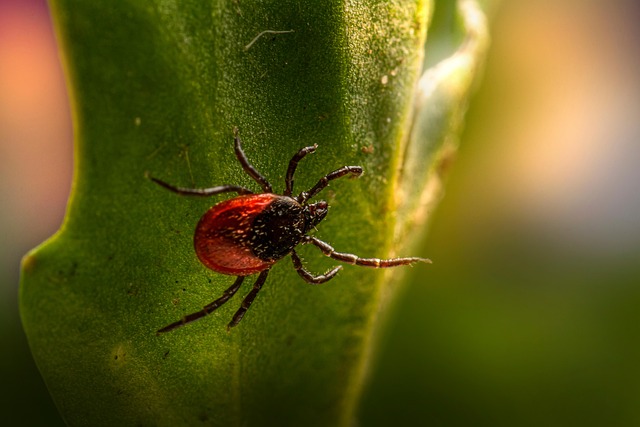Mosquitoes and ticks pose significant health risks, so understanding their behaviors is key to effective control. Targeted strategies include eliminating standing water, using repellents, and maintaining a trimmed yard. Natural repellents like citronella, lavender, basil, and essential oils are eco-friendly but vary in effectiveness. Planting aromatic herbs and flowers naturally deters pests, enhancing outdoor aesthetics while supporting local wildlife. Chemical insecticides, though traditional, are being replaced by safer alternatives: essential oils, natural predators, and habitat modification techniques. When using chemicals, strict safety measures, protective gear, proper ventilation, and adherence to labels are crucial. For large areas or uncertainty, consult a professional mosquito and tick control service.
Keeping your yard free from mosquitoes and ticks is essential for outdoor enjoyment. This comprehensive guide explores effective yet safe methods for controlling these pests. From understanding their behavior and natural repellents to organic planting and traditional treatments, we provide a balanced approach to mosquito and tick control. Learn about essential oils, safety precautions, and eco-friendly practices to create a pest-free haven without compromising your health or the environment.
Understanding Mosquito and Tick Behavior
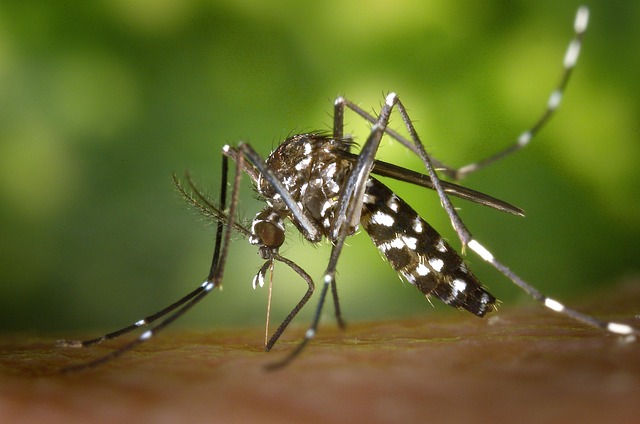
Mosquitoes and ticks are more than just a nuisance; they can carry and transmit diseases to both humans and pets. Understanding their behavior is key to effective mosquito and tick control. Mosquitoes, for instance, breed in stagnant water and are most active during dawn and dusk. They use carbon dioxide, body heat, and chemicals on our skin to locate potential hosts. Ticks, on the other hand, prefer shaded, humid areas and often attach to animals or humans passing through their habitat. Knowing these habits allows us to implement targeted strategies, such as removing standing water, using repellents, and maintaining a well-trimmed yard, to create an environment less favorable for these pests.
Natural Repellents and Their Efficacy
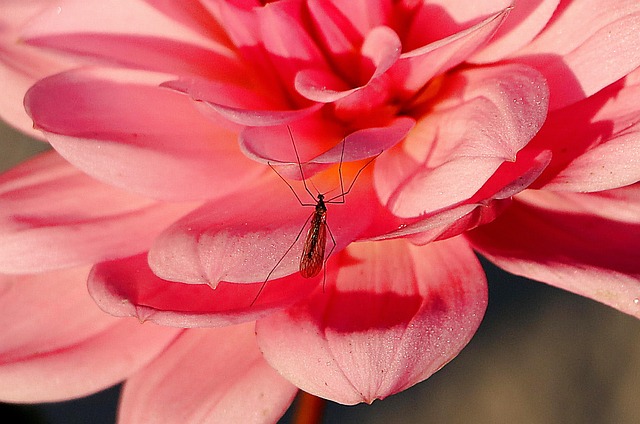
Many homeowners are turning to natural repellents as a safer alternative for mosquito and tick control in their yards. Plants like citronella, lavender, basil, and marigolds are known to deter mosquitoes due to their strong scents. These fragrant plants can be planted directly in gardens or placed in pots around outdoor living spaces. Additionally, certain essential oils like lemon eucalyptus, citronella, and peppermint have proven effective against mosquito bites when applied topically or diffused.
While natural repellents offer a more eco-friendly approach to mosquito control, their effectiveness may vary. Some studies suggest that specific plants and essential oils can significantly reduce mosquito activity in outdoor areas. However, the success often depends on factors like concentration, wind patterns, and individual sensitivity. Combining multiple natural methods can enhance their overall efficacy and create a more robust protection strategy against these pests.
Essential Oils for Yard Protection
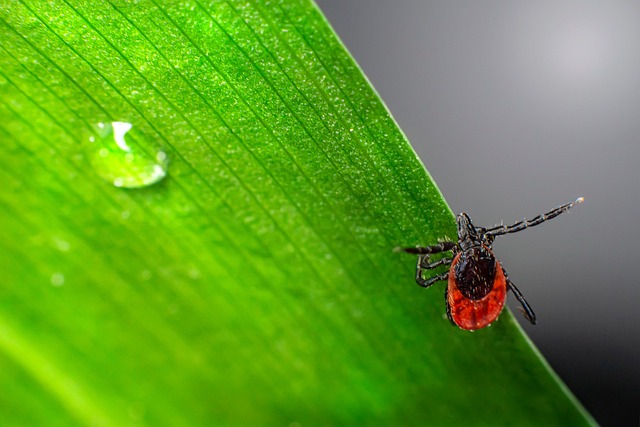
Many essential oils are known for their natural mosquito-repelling properties, offering an effective yet safe alternative to chemical sprays. Lemon eucalyptus oil is a popular choice, as it contains compounds that mimic those found in insect repellents like DEET, providing protection against mosquitoes and ticks. Citronella oil, often associated with candles, can also be used to keep these pests at bay when applied topically or diffused.
These natural oils not only help protect your yard but also blend well with other organic garden products. When using essential oils for mosquito and tick control, it’s important to ensure proper dilution and application methods to maximize their effectiveness while minimizing any potential skin irritation.
Planting to Deter Pests Organically
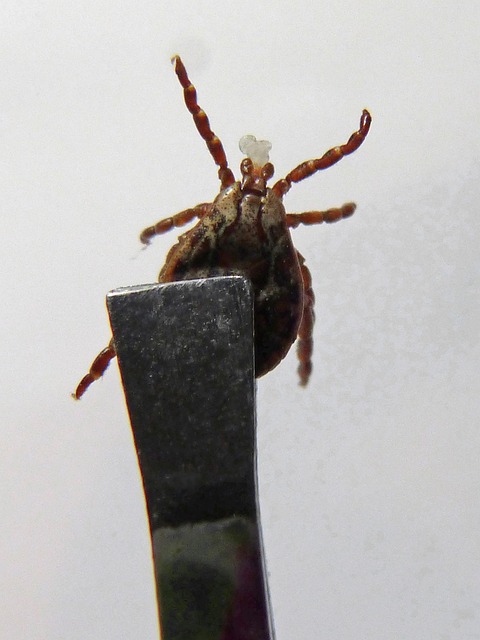
Planting certain herbs and flowers in your yard can be an effective, organic way to deter mosquitoes and ticks. Aromatic plants like citronella, lavender, basil, and marigolds naturally repel these pests due to their strong scents. Incorporating these plants into your landscaping not only helps keep mosquito and tick populations at bay but also adds beauty and fragrance to your outdoor space.
Additionally, planting native species that support local wildlife can contribute to a balanced ecosystem, reducing the need for chemical interventions in mosquito and tick control. By choosing organic methods like planting deterrents, you create a healthier environment for both your family and local fauna.
Traditional Mosquito Control Methods
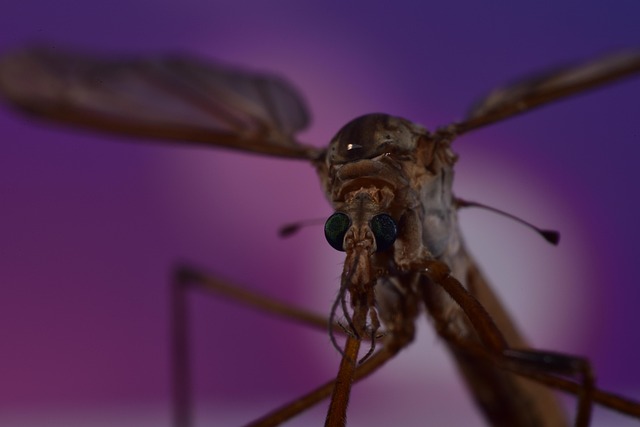
Many homeowners have long relied on traditional methods to combat mosquitoes and tick infestations in their yards. These techniques often involve chemical applications, such as spraying insecticides directly onto plants or the ground. While effective in the short term, this approach can be concerning due to potential environmental and health impacts. Chemical pesticides can harm beneficial insects, pollute water sources, and persist in the ecosystem, posing risks to both wildlife and human health.
As a result, many are now seeking safer alternatives for mosquito and tick control. Organic repellents, natural predators, and habitat modification are emerging as popular options. Using essential oils like citronella or lavender can act as natural deterrents, while introducing predator insects like dragonflies or lacewings helps regulate the population of mosquitoes and ticks. Creating a well-manicured yard with proper drainage and minimal standing water also reduces breeding grounds for these pests, promoting a healthier and more sustainable environment.
Safety Precautions for Chemical Treatments

When implementing chemical treatments for mosquito and tick control in your yard, it’s paramount to prioritize safety measures to protect yourself, your family, and pets. Always follow manufacturer guidelines strictly when using any pesticides or insecticides. Wear protective gear, including gloves, long sleeves, and pants, especially if the product is a spray. Ensure proper ventilation during application, and avoid treating areas where food is prepared or stored. Keep children and pets away from treated zones until the product has had time to dry completely, as some chemicals can remain active for several hours.
Additionally, be mindful of nearby water sources, as many mosquito control products are designed to break down in water but may still pose risks if misused. Avoid spraying near streams, ponds, or other bodies of water where runoff could contaminate these habitats. Read and understand the product labels thoroughly, as different chemicals have varying levels of toxicity and application instructions. If you’re unsure about safety precautions or have a large area to treat, consider consulting with a professional pest control service for expert guidance on effective yet safe mosquito and tick control methods.
